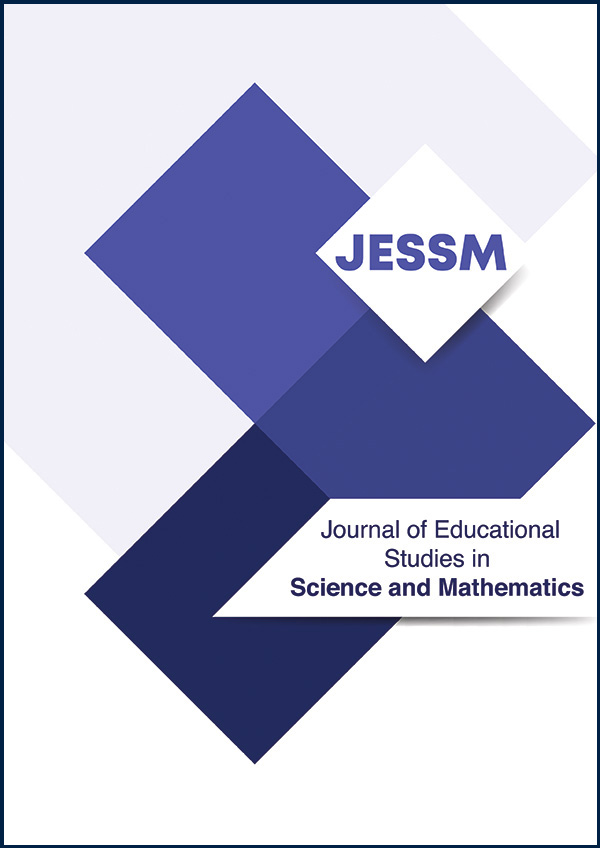- Boyes, E., & Stanisstreet, M. (1993). The ‘Greenhouse Effect’: children's perceptions of causes, consequences and cures. International Journal of Science Education, 15(5), 531-552. https://doi.org/10.1080/0950069930150507 [Google Scholar] [Crossref]
- Chatterjee, S., & Tandon, A. (2020). Climate Change Impact on Eco-biology and Socio-economy—A Concise Discussion. In Socio-economic and Eco-biological Dimensions in Resource use and Conservation (pp. 527-546). Springer, Cham. [Google Scholar]
- Chopra, R., Joshi, A., Nagarajan, A., Fomproix, N., & Shashidhara, L. S. (2019). Climate Change Education Across the Curriculum. In Climate Change and the Role of Education (pp. 53-69). Springer, Cham. [Google Scholar]
- Kesava Rao, A. V. R., Wani, S. P., & Srinivas, K. (2020). Climate change impacts at benchmark watershed. In Community and Climate Resilience in the Semi-Arid Tropics (pp. 33-47). Springer, Cham. [Google Scholar]
- Kibe, W. G. (2018). Effectiveness of Kenya’s climate change mitigation strategies after the ratification of united nations framework convention on climate change (UNFCCC) protocols [Unpublished doctoral dissertation]. United States International University. [Google Scholar]
- Koluman, N., Kutlu, H. R., & Güney, İ. (2018). Climate change and animal farming. Climate Change Impacts on Basin Agro-Ecosystems, 18, 223. https://doi.org/10.1007/978-3-030-01036-2_11 [Google Scholar] [Crossref]
- Liarakou, G., Athanasiadis, I., & Gavrilakis, C. (2011). What greek secondary school students believe about climate change?. International Journal of Environmental and Science Education, 6(1), 79-98. [Google Scholar]
- Lombardi, D., Sinatra, G. M., & Nussbaum, E. M. (2013). Plausibility reappraisals and shifts in middle school students' climate change conceptions. Learning and Instruction, 27, 50-62. http://dx.doi.org/10.1016/j.learninstruc.2013.03.001 [Google Scholar]
- Monroe, M. C., Plate, R. R., Oxarart, A., Bowers, A., & Chaves, W. A. (2019). Identifying effective climate change education strategies: A systematic review of the research. Environmental Education Research, 25(6), 791-812. https://doi.org/10.1080/13504622.2017.1360842 [Google Scholar] [Crossref]
- Ministery of National Education (MoNE). Elementary science and technology course curriculum. MoNE. [Google Scholar]
- Ministery of National Education (MoNE) Science Textbook (2018). Science textbook (8th grade). Tutku Publishing. [Google Scholar]
- Niebert, K., & Gropengießer, H. (2014). Understanding the greenhouse effect by embodiment–analysing and using students' and scientists' conceptual resources. International Journal of Science Education, 36(2), 277-303. https://doi.org/10.1080/09500693.2013.763298 [Google Scholar] [Crossref]
- Özdem, Y., Dal, B., Öztürk, N., Sönmez, D., & Alper, U. (2014). What is that thing called climate change? An investigation into the understanding of climate change by seventh-grade students. International Research in Geographical and Environmental Education, 23(4), 294-313. 23, http://dx.doi.org/10.1080/10382046.2014.946323 [Google Scholar]
- Shepardson, D. P., Niyogi, D., Choi, S., & Charusombat, U. (2011). Students’ conceptions about the greenhouse effect, global warming, and climate change. Climatic Change, 104(3), 481-507. https://doi.org/10.1007/s10584-009-9786-9 [Google Scholar] [Crossref]
- United Nations Framework Convention on Climate Change (UNFCCC). https://unfccc.int/resource/ccsites/zimbab/conven/text/art01.htm [Google Scholar]
- Zareian, M. J., Eslamian, S., Gohari, A., & Adamowski, J. F. (2017). The effect of climate change on watershed water balance. In Mathematical advances towards sustainable environmental systems (pp. 215-238). Springer, Cham. [Google Scholar]
|

